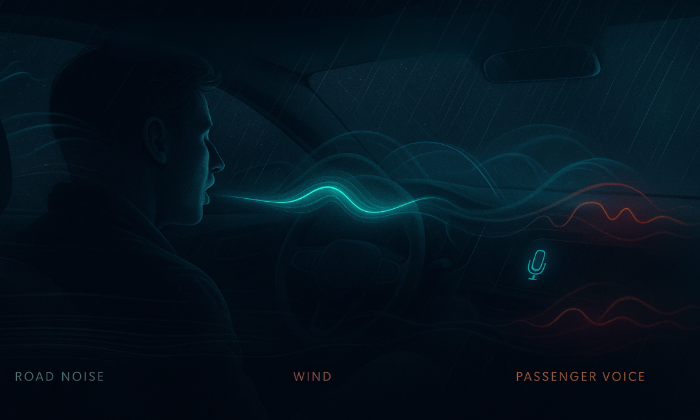What’s the difference between cloning voices for speech synthesis vs emotional voice AI?
Voice Cloning
Speech Synthesis
Emotional AI
The distinction between voice cloning for speech synthesis and emotional voice AI hinges on purpose and complexity. Both leverage advanced technologies to generate realistic audio outputs, yet they serve distinct roles and applications in AI. Let's delve deeper into each to understand their unique characteristics and applications.
Voice Cloning for Speech Synthesis: What and Why
Voice cloning technology focuses on creating a digital replica of a specific individual's voice. It captures the unique traits of a person's speaking style, including tone, pitch, and inflection. The primary objective is to produce clear, high-quality speech that can be used across various platforms, such as virtual assistants, audiobooks, and automated customer service systems.
Key Steps in Voice Cloning
- Data Collection: High-quality audio recordings are essential. These are collected in professional studio environments to ensure the data captures all nuances of the target voice.
- Model Training: Machine learning models are trained on this dataset to learn specific vocal traits. The diversity of the data, including scripted and unscripted speech, enhances the model's ability to mimic the voice accurately.
- Synthesis: Once trained, these models can convert text inputs into audio outputs that closely imitate the target voice.
This technology is popular for applications like personalized voice assistants, where users prefer familiar and relatable audio experiences.
Emotional Voice AI: Adding Emotional Depth
Emotional voice AI extends beyond mere replication, infusing voice with emotional nuances such as happiness, sadness, or excitement. This technology enriches the interaction between humans and machines, making it more engaging and relatable.
Understanding Emotional Voice AI
- Emotion Annotation: Training datasets are annotated with emotional cues, helping models learn to express feelings accurately.
- Complex Modeling: These systems use advanced algorithms to generate emotional variations in speech, considering context to adjust tone and pitch.
- Real-Time Adaptability: Sophisticated emotional AI systems can modify their output in real-time, enhancing the realism and effectiveness of communication.
Applications of emotional voice AI are particularly impactful in gaming, animation, and therapeutic contexts, where emotional delivery enhances user engagement and immersion.
When to Choose Speech Synthesis vs. Emotional AI
- Application Needs: For straightforward communication, voice cloning suffices. For nuanced interactions requiring emotional depth, emotional AI is essential.
- Complexity and Cost: Emotional AI demands more resources, including larger datasets and complex modeling, leading to higher costs.
- User Experience: Emotional voice AI fosters deeper connections, crucial for user-centered applications but requires careful tuning to avoid misinterpretation.
Avoiding Pitfalls in Development
A common misstep in emotional AI development is undervaluing diverse datasets. Teams often rely on scripted material, missing the emotional range found in spontaneous speech. FutureBeeAI emphasizes the importance of comprehensive datasets and thorough testing to ensure models deliver consistent emotional responses. Our studio-grade data collection and diverse speaker networks support this need.
Real-World Applications & FutureBeeAI's Role
Both technologies are pivotal in AI-driven audio solutions. Voice cloning aids in creating recognizable voices for virtual assistants, while emotional AI enhances human-computer interaction through engaging narratives in games or therapeutic systems.
FutureBeeAI stands as a leader in providing high-quality, ethically sourced voice data. Our datasets support diverse applications, from multilingual TTS training to expressive speech synthesis. By partnering with us, teams can access detailed datasets tailored to their specific needs, ensuring the successful deployment of both voice cloning and emotional AI systems.
FAQs
Q. How does FutureBeeAI ensure high-quality data for voice cloning?
A. We collect data in professional studio settings with industry-grade equipment, ensuring clarity and precision. Our datasets capture a wide range of vocal traits, essential for accurate voice cloning models.
Q. Can emotional voice AI enhance customer service interactions?
A. Yes, by incorporating emotional nuances, emotional voice AI can create more relatable and engaging interactions, improving customer satisfaction and fostering a stronger connection with users.
What Else Do People Ask?
Related AI Articles
Browse Matching Datasets
Acquiring high-quality AI datasets has never been easier!!!
Get in touch with our AI data expert now!








